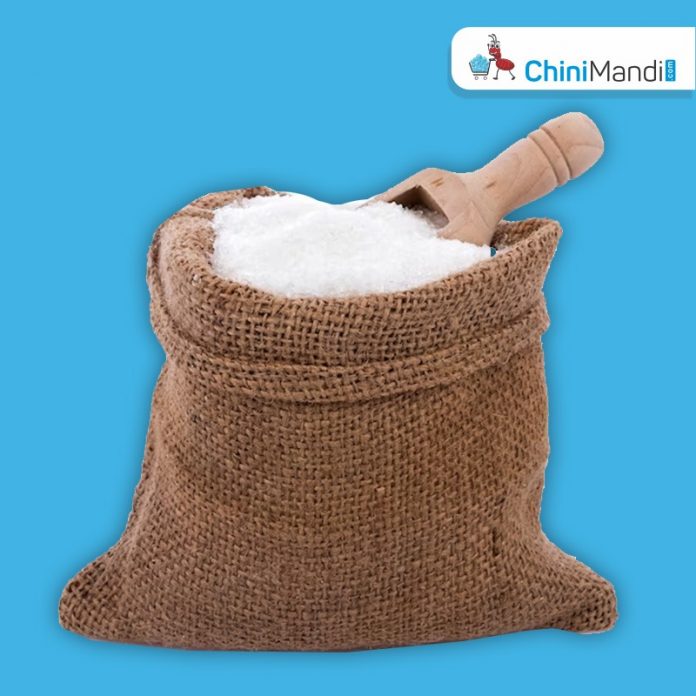New Delhi: Operating margins of jute manufacturers are expected to shrink 50 basis points (100 basis points is equated to 1 percentage point) this financial year 2024-25, according to rating agency Crisil.
These projected lower margins were attributed to wage hikes and subdued demand in the more export markets. 2024-25 will mark the second consecutive year of decline in profitability.
Also according to the reports, Jute mills in Bengal are estimating decline in demand of jute bags in 2024-25 amid shortfall of mandatory procurement of jute bags for packing of foodgrains and sugar.
Jute fibre’s primary use is in fabrics for packaging a wide range of agricultural and industrial commodities that require bags, sacks, packs, and wrappings.
Their credit profiles, however, will be stable owing to strong procurement by government agencies, healthy balance sheets and negligible capital expenditure (capex) debt.
Crisil analyzed 10 jute companies, accounting for 30 per cent of the sector’s revenue.
Wages of jute mill workers in West Bengal, which produces almost 80 per cent of India’s jute products, have been raised, effective end of last fiscal, following a tripartite agreement between the state government, mill owners and various trade unions.
The extent of the wage hikes depends on workers’ experience. Overall, the wage bill of manufacturers is likely to increase by 5-6 per cent per annum depending on the level of modernization of the mills.
Demand from the US and Europe, which account for over 60 per cent of exports and a third of the sector’s Rs 12,000 crore revenue, will remain subdued as the end use of jute products is largely discretionary.
“The impact of wage hike on operating profitability will be limited because of strong demand from government agencies under the mandatory packaging norms…The upshot of all this is that operating margins of players rated by CRISIL Ratings would fall 50 bps this fiscal,” said Rahul Guha, Director, CRISIL Ratings.
Argha Chanda, Director, CRISIL Ratings, “Minimal capex outlay will mean limited long-term debt addition for the industry. However, reliance on working capital debt will increase as the working capital cycles of jute manufacturers will be stretched, nearing 150 days, as they continue to provide extended credit to woo overseas buyers. That said, healthy balance sheets of jute manufacturers will keep debt protection metrics comfortable.” (ANI)












